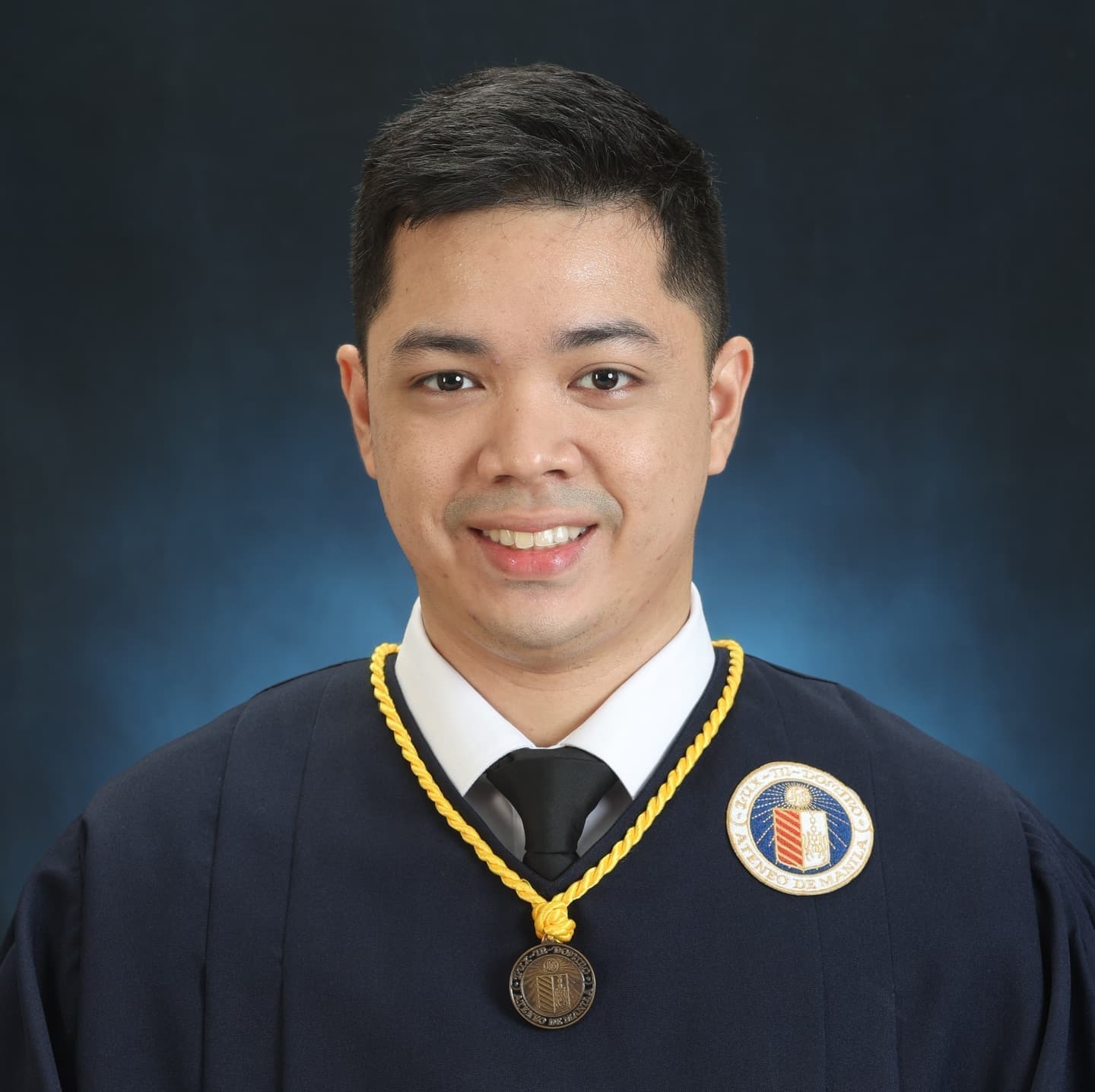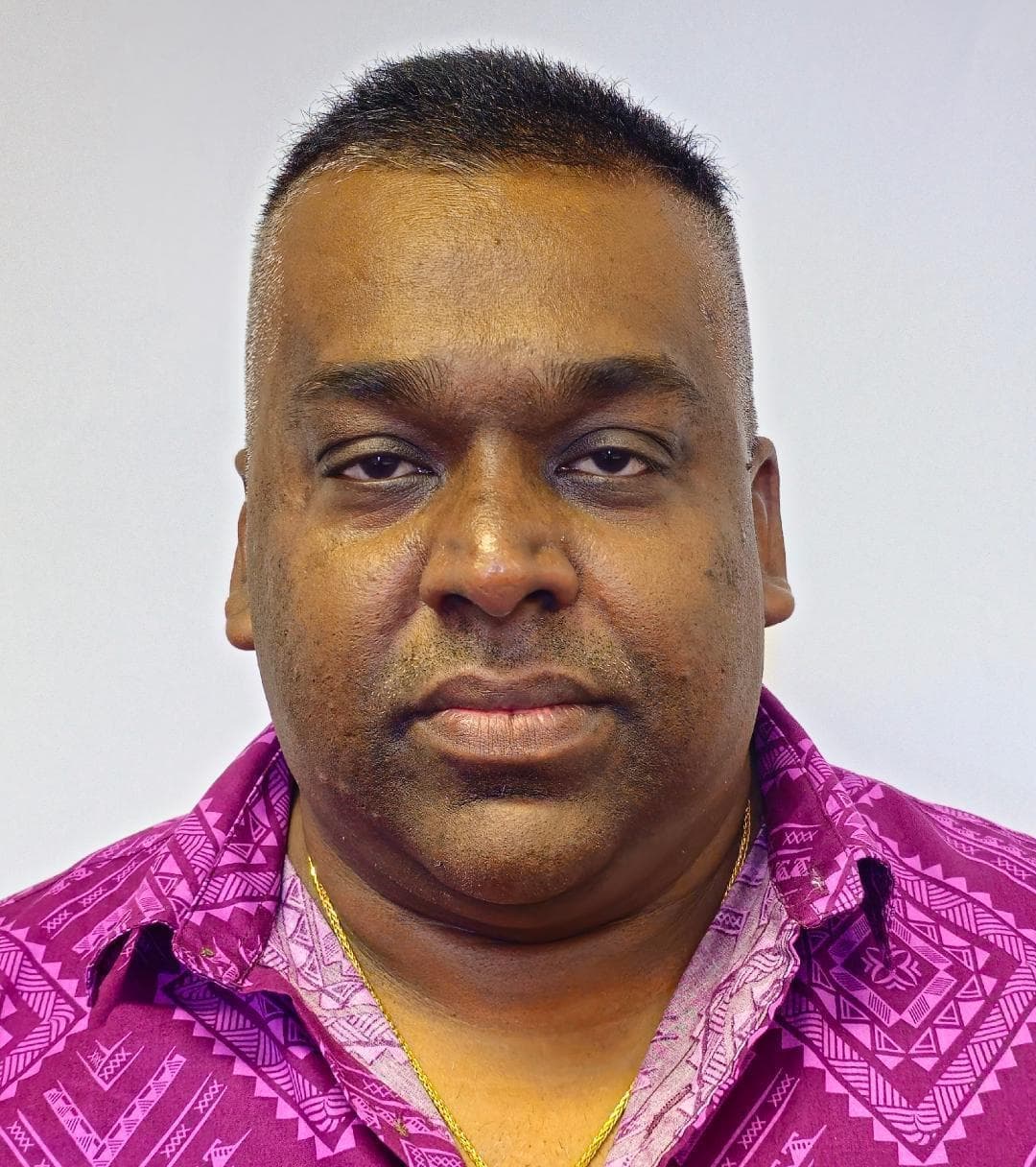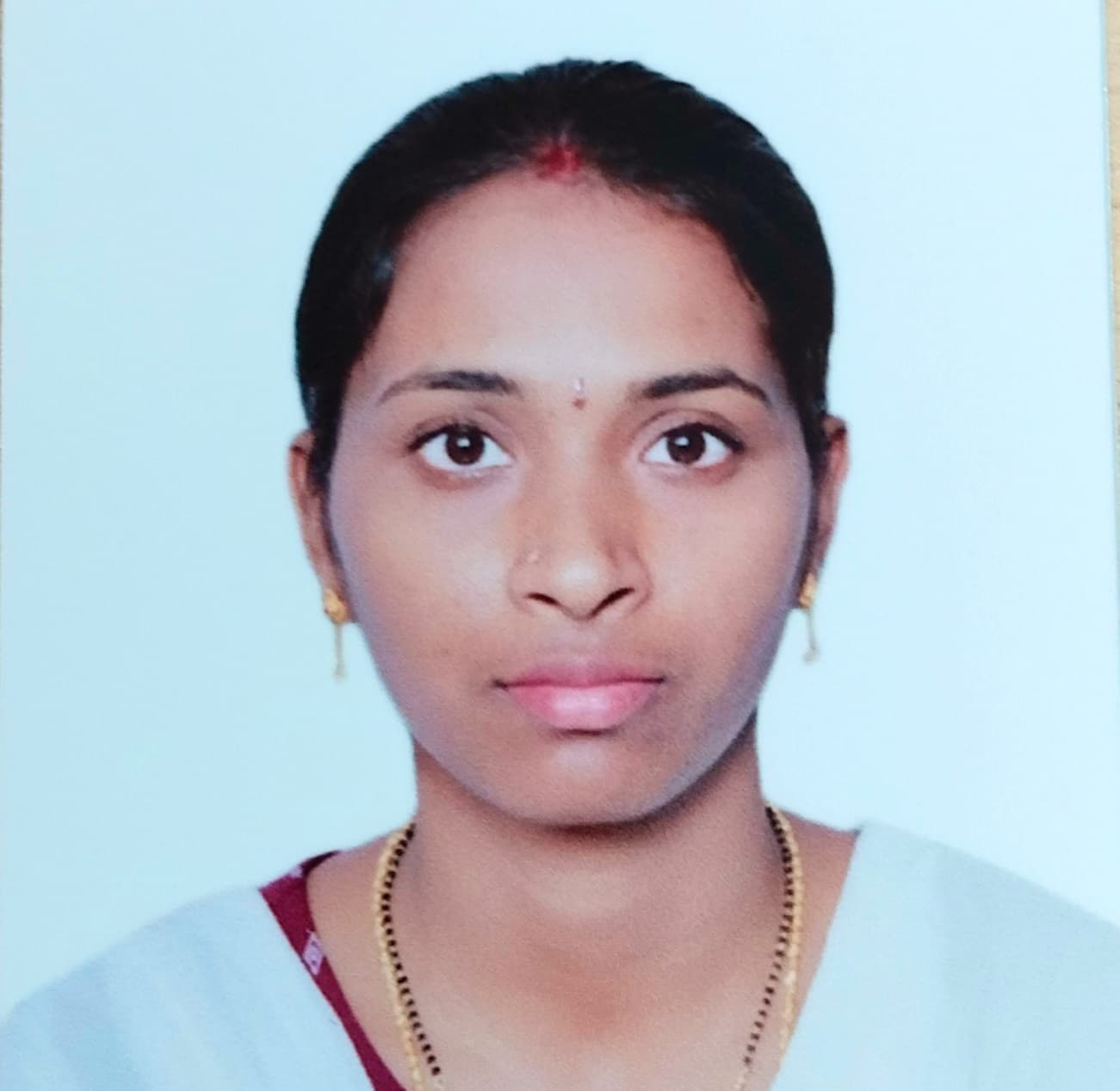IWTRC2023 Report

Clint Eldrick R. Petilla
Ateneo de Manila University
Regional Climate Systems – Manila Observatory
I would like to extend my sincerest thanks and gratitude to Hironori Fudeyasu-sensei, Jun Matsumoto-sensei, Ms. Kikkawa Harue, and the faculty and staff of the Typhoon Science and Technology Research Center of the Yokohama National University for organizing and hosting the Inaugural International Workshop of TRC. The two-day workshop seminar included insightful keynote lectures from world-renowned atmospheric scientists, oral presentations from international researchers, and poster presentations from fellow scientists and graduate students.
I have learned a lot from the workshop and seminar, where I was given the opportunity to share my research to fellow researchers and likewise learn from the finding of their study. Although it seemed like the seminar was somewhat technical for my level, since I am still an undergraduate student, I was still able to follow through. Additionally, I received plentiful insights from tropical cyclone research and I am proud that there were a lot of scientists in the field and that tropical cyclone research is a well-established field with more questions to ask.
Most importantly, I am impressed with the depth and scope of tropical cyclone research each country and institution undertook. I am also amazed at how Japan handles tropical cyclone research, wherein they are already finding ways to change Typhoons from threats to blessings. The workshop has also covered the field of ethics and the consequences of weather modification, which is very impressive since this shows that science and technology are multi-disciplinary.
Then, regarding the venue, Yokohama National University is spectacular and visually appealing. The workshop has sparked my desire and interest to pursue my Master’s degree at the aforementioned university since I believe that I am fit to be in tropical cyclone research. I am also thankful for the smooth and fast response time of the secretariat since they have answered all of my inquiries. Next, the program was also well-balanced since the information was not overloaded due to breaks in between. Then, I am impressed with the timeliness of the program and how everyone conformed to the time limit.
For my comments and suggestions, I suggest extending the workshop seminar to three days so that researchers have more time to interact during the poster session. Likewise, I commend the idea of the 1-minute flash talks, which allowed all participants to get the summary of the posters.
Overall, I am thankful for the opportunity to be part of the first International Workshop of TRC and hope to be invited in the succeeding workshops. I was able to exchange my thoughts and ideas with world-class scientists, who have also provided plentiful evaluation and assessment of my research. This workshop and seminar have provided an avenue for scientists and researchers to make a road map for high-impact tropical cyclone research.

Kexin Song
Nanjing university of information science and technology
visiting student in Fudan University
Many typhoon researchers from different countries had the opportunity to gather in Yokohama for the first meeting of the International Workshop on Typhoon Science and Technology Research Center (IWTRC). Everyone was full of enthusiasm and I am honored to attend this meeting.
I gained a lot of knowledge during these 2-days IWTRC meeting, which was an impressive experience. I learned a lot about typhoon dynamics and climate from three prominent typhoon scientists, the long-term variabilities of tropical cyclones, the latest theories on typhoon dynamics and typhoon intensification, and so on. I also understood the research findings from the presentations of many excellent typhoon scholars. I felt the amiability of scientists such as Professor Kerry A. Emanuel, as well as their expectations for new researchers.
There are still many challenges in typhoon research, such as the uncertainty in long-term changes in typhoons and the challenges in forecasting typhoon intensity. I hope these issues can be resolved step by step in the future, and I also look forward to the next IWTRC meeting. Thank the TRC for providing this valuable opportunity for scientific research exchange.

Amit Avikash Singh
Fiji Meteorological Service
Senior Meteorologist/
Forecaster
It was very exciting for me to return to Yokohama National University (YNU) to attend the first International Workshop of YNU Typhoon Research Centre (TRC), In 2022 March, I graduated from YNU with a Master’s degree and the Director of TRC Prof. Fudeyasu was my main academic supervisor.
As a senior Meteorologist at Fiji Meteorological Service, I understand the importance of keeping updated with the latest research on Tropical Cyclone analysis and forecasting. These two days workshop gave me a very good opportunity to learn about the latest research happening around the world.
It was interesting to see many international typhoon scientists meet for the first time at the International Workshop on Typhoon Science and Technology Research Centre (IWTRC) in Yokohama.
The presentations made by the three key speakers were very interesting and I have learnt a lot on Tropical Cyclones dynamics and the challenges which still exists like intensity forecasting.
I'm also looking forward to the upcoming IWTRC meetings. Forecasters at Fiji Meteorological Service are very interested and are considering the research collaboration offered by Prof. Fudeyasu.
Finally, I would like to thank Prof. Hironori Fudeyasu, Ms. Kikkawa Harue, the staff of the Typhoon Science and Technology Research Centre of the Yokohama National University for organising this workshop and travel for international participants so well.

Ganadhi Mano Kranthi
Indian Institute of Tropical Meteorology (IITM)
Senior Research Fellow
Firstly, I extend my heartfelt gratitude and special thanks to Hironori Fudeyasu, professor and Director of TRC, Institute of Multi-disciplinary Sciences, Yokohama National University, and Jun Matsumoto-sensei, for selecting me for Typhoon Science and Technology Research Center (IWTRC), on November 8th and 9th. I am very greatful that you provided me with a full travel support grant with the cover of round-trip flight tickets, hotel accommodation during my stay, and a daily allowance. I am very thankful that you provided in time all the required documents for the Visa purpose, and it will be very helpful to complete my visa process smoothly. This is my first international trip, and because of Prof. Fudeyasu, my dream came true, and I gained very valuable insights from the workshop.
I want to thank Ms. Kikkawa Harue for her patience in sending several emails from time to time and being very friendly and timely, giving information and fast replies to our queries. I felt really thanks to the entire faculty and staff of the Typhoon Science and Technology Research Center at Yokohama National University for their invaluable and dedicated efforts in hosting the IWTRC workshop.
I am sincerely thankful for being chosen as a full grant recipient, allowing me the opportunity to attend this workshop and deepen my understanding of tropical cyclones globally. Participating in the workshop has been an enriching experience, and I am profoundly grateful for the insights gained over the two days, particularly on my current Ph.D. topic—rapid intensification and eyewall replacement cycles in tropical cyclones. The knowledge and perspectives gained during this event have undoubtedly contributed significantly to my research journey.
Most notably, I am struck by the extensive and comprehensive nature of tropical cyclone research undertaken by each country and institution involved. Japan's approach to tropical cyclone research is particularly admirable, showcasing its innovative strategies in transforming typhoons from threats into blessings. The workshop has also delved into the ethical considerations and consequences associated with weather modification, a topic that stands out for its impressive acknowledgment of the multidisciplinary nature of science and technology.
In exploring the diverse perspectives on tropical cyclones, it becomes evident that each participant's dedication contributes significantly to advancing our collective understanding of these meteorological phenomena. Japan's proactive measures in redefining the narrative around typhoons, turning them into opportunities rather than threats, are particularly inspiring. Furthermore, the inclusion of ethical considerations and discussions on weather modification during the workshop demonstrates a holistic approach to scientific inquiry, recognizing that the intersection of science and technology extends beyond traditional boundaries. This enriching experience has broadened my appreciation for the depth and breadth of research in the field, fostering a collaborative spirit among participants from various backgrounds and expertise.
The venue, Yokohama National University, left a lasting impression with its spectacular and visually appealing surroundings, creating an inspiring backdrop for the workshop. The experience has ignited a strong desire and keen interest in pursuing my Master’s degree at this esteemed institution, particularly in the field of tropical cyclone research, where I believe I can contribute significantly. Gratitude is owed to the secretariat for their commendable responsiveness, efficiently addressing all my inquiries, and ensuring a smooth experience. The program's well-balanced structure, incorporating breaks between sessions, prevented information overload and allowed for meaningful digestion of the content. I am equally impressed with the program's timeliness and the adherence of all participants to the schedule, reflecting a commendable level of organization and professionalism throughout the workshop.
In retrospect, I am profoundly grateful for the invaluable opportunity to participate in the inaugural International Workshop of TRC and eagerly anticipate the possibility of being part of future workshops. The workshop's dedicated focus on typhoon dynamics and mechanisms closely aligns with the core objectives of my current research, rendering it immensely pertinent to my Ph.D. endeavors. This experience is undeniably exceptional, presenting a unique chance to enhance my skills and significantly contribute to the advancement of my research. Engaging with world-class scientists allowed for exchanging thoughts and ideas, accompanied by thorough evaluations and assessments of my ongoing research. As a participant, I believe this workshop and seminar have paved the way for scientists and researchers to collaboratively chart a roadmap for impactful and high-quality tropical cyclone research in the future.
NAME
REPORT
NAME
REPORT
NAME
REPORT
